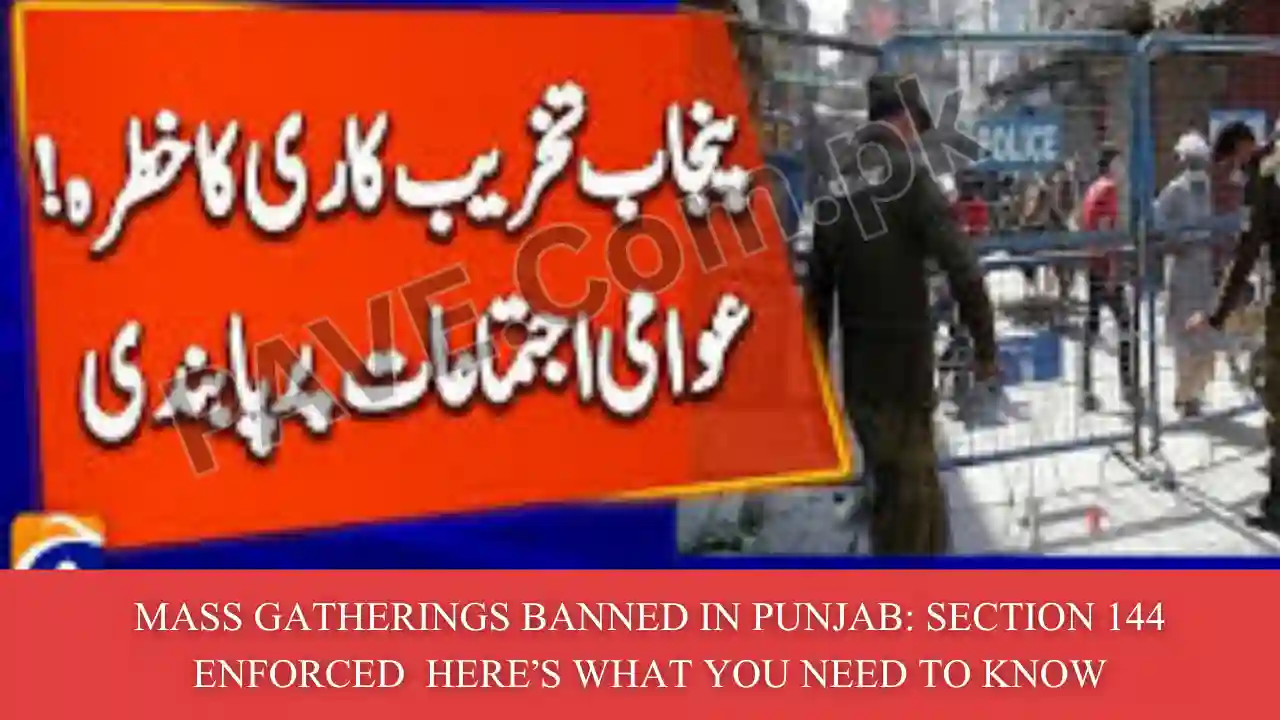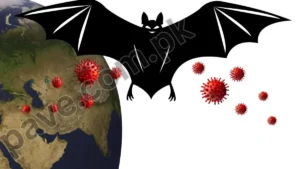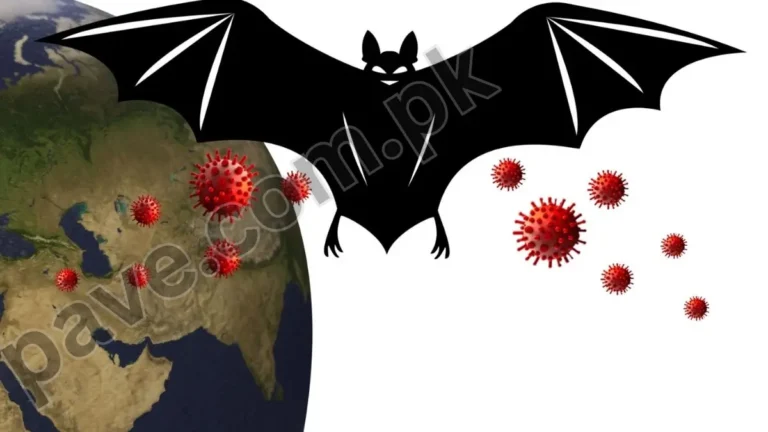Mass Gatherings Banned in Punjab: Section 144 Enforced — Here’s What You Need to Know

The Punjab Mass Gathering Ban Section144 has recently enforced Section 144, placing a complete ban on mass gatherings, public protests, rallies, and large social activities across the province. This sudden move has created confusion among citizens, raising important questions such as: What exactly is Section 144? Why has it been implemented? What activities are now restricted? And how will this affect daily life?
Section 144 is not a permanent law. It is a temporary measure imposed by local authorities when there is a risk of public disorder, security threats, political tensions, or violation of law and order. It gives the administration special powers to control large crowds and gatherings to prevent any untoward incident.
While many people associate Section 144 only with political protests, it actually applies to all forms of gatherings, including religious processions, public events, seminars, cultural festivals, sports celebrations, or even private rallies without permission. Those who violate this ban may face arrests, fines, or legal action under the law.
To help you fully understand the situation, here is a detailed breakdown of Section 144, its rules, penalties, and impact on daily public life in Punjab.
What is Section 144?
Section 144 is a legal provision under the Code of Criminal Procedure (CrPC) that allows the government to restrict the assembly of four or more people at one place. It gives powers to district administration and law enforcement agencies to prohibit gatherings, block public meetings, limit movement, and control certain activities that may pose a threat to peace or security.
In simple words, Section 144 = No large gatherings without permission.
It is commonly used in emergency situations, especially during:
- Political unrest or protests
- Religious processions or rallies
- Terrorism threats or security risks
- Public events where violence may occur
- Health emergencies or epidemics
Read More: PM Electric Bike and Rikshaw Scheme
Why Has Section 144 Been Enforced in Punjab?
Authorities have decided to enforce Section 144 due to growing law-and-order concerns and the possibility of uncontrolled crowd situations. Recent developments suggest that miscreants could misuse large gatherings, leading to violence, property damage, or clashes.
To prevent chaos before it happens, the Punjab administration has activated preventive laws instead of reactive action. This step reflects the government’s decision to prioritize safety over political or social freedom temporarily.
According to officials, the ban is not aimed at ordinary citizens but at those who misuse public gatherings for harmful motives.
What Activities Are Banned Under Section 144?
Under the newly enforced rules, the following activities are strictly prohibited without prior permission from the local administration:
| Banned Activities | Details |
|---|---|
| Public Rallies & Protests | Any political or social protest without permission |
| Religious or Cultural Processions | Large crowds moving through roads without approval |
| Gatherings of 5 or More People | Especially in public places like roads, parks, intersections |
| Use of Loudspeakers Without NOC | Megaphones, sound systems for public speeches |
| Blocking of Roads or Highways | Sit-ins (Dharna), human chains, public closure |
| Display of Weapons in Public | Even licensed weapons cannot be carried openly |
What Activities Are Still Allowed?
Not everything is banned. Citizens can continue their normal life as long as they do not gather in large numbers or violate security protocols.
✅ Allowed Activities Include:
- Going to jobs, schools, colleges, and offices
- Shopping in markets individually or with family
- Wedding functions inside private halls with permission
- Funeral gatherings under limited attendance rules
- Traveling across cities without interruption
Authorities have clarified that this is not a curfew. It is only a preventive crowd-control measure.
Read More: CM Maryam Nawaz Inaugurates DG Khan Electric Bus 2025
Penalties for Violating Section 144:
Breaking Section 144 orders can lead to serious legal consequences. Violators may face:
- Immediate arrest without warrant
- Fines or imprisonment under Section 188 PPC
- Registration of FIR (First Information Report)
- Legal trial in local courts
Authorities have warned that no leniency will be given to group organizers.
How Long Will Section 144 Remain in Force?
Authorities have not announced a specific end date, keeping the enforcement open-ended depending on the security situation. Officials stated that the ban would remain “until peace and discipline are fully ensured.”
This means people should expect restrictions to stay until further notice.
How Does Section 144 Affect Daily Life?
For ordinary citizens, daily routines will mostly remain unchanged. You can still move freely for work, education, shopping, or travel, as long as you don’t participate in large public gatherings.
However, event organizers, political workers, activists, and social groups will face strict procedural hurdles. Anyone planning:
- Seminars
- Conferences
- Public rallies
- Sports celebrations
…must apply for prior permission from the Deputy Commissioner’s office.
Can Permission Be Taken to Hold an Event?
Yes. Prior approval from the local district administration may be granted for essential or peaceful events. Applications should include:
- Purpose of gathering
- Estimated attendance
- Security plan
- Venue details
Only controlled and regulated events will be approved based on risk assessment by police.
Citizens’ Responsibilities During Section 144:
Citizens are advised to:
- Avoid unnecessary gatherings
- Refrain from provocative slogans or speeches
- Follow police instructions during checkpoints
- Verify news before sharing on social media
Maintaining peace and discipline is a collective responsibility.
Read More: Punjab Rozgar Support Programme October 2025 – A Lifeline for Youth Employment
FAQs Punjab Mass Gathering Ban Section144 2025:
1. Can I attend a wedding during Section 144?
Yes, private weddings in enclosed venues are allowed, but large public processions or loud celebrations on streets are not allowed.
2. Can I travel between cities?
Yes, travel is not restricted. Section 144 only affects large gatherings, not movement.
3. Will schools and colleges remain open?
Yes, all educational institutions are operating normally.
4. Can political parties still hold rallies?
Not without special approval from the administration.
5. Is it legal to post opinions on social media?
Yes, but spreading hate speech or incitement towards violence can lead to legal action.
6. Can religious gatherings take place inside mosques?
Regular prayers are allowed, but large public processions require permission.
7. Can businesses operate normally?
Yes, routine commercial activity is not affected, unless it involves public crowding.
8. What happens if someone refuses to follow Section 144?
Police can arrest them immediately under preventive laws.
9. Can Section 144 be challenged legally?
Citizens may file a petition in court, but courts often support preventive laws during security risks.
10. Is this a permanent law?
No. It is temporary and will be lifted once peace is ensured.
Conclusion:
The Punjab Mass Gathering Ban Section144 is a precautionary measure designed to protect citizens and prevent disorder before it begins. While some may view it as a restriction on freedom, the reality is that public safety comes first during sensitive times.
Ordinary citizens who go about their normal lives peacefully have nothing to worry about. However, those who attempt to misuse public gatherings for chaos or disruption will face legal consequences.
In short, stay calm, stay aware, follow official guidelines, and avoid unnecessary crowds. These temporary restrictions are meant to preserve long-term peace and security.










